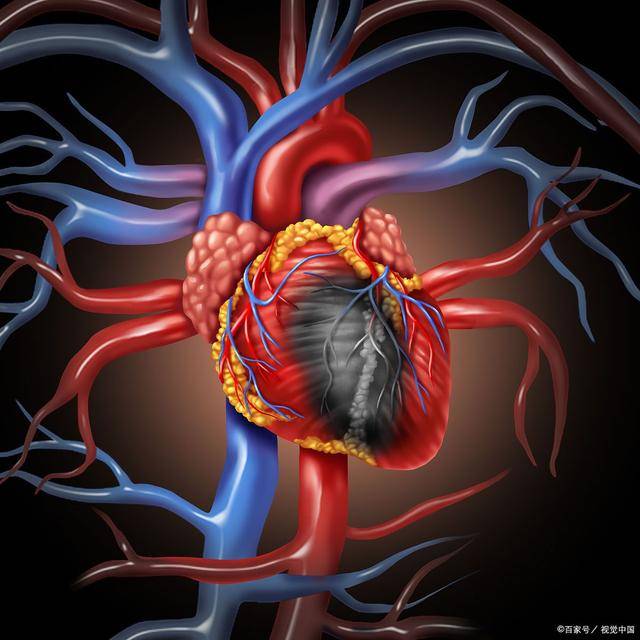In modern medicine, carotid artery plaques and blood lipid levels have been regarded as important assessment indicators of cardiovascular disease risk. However, when faced with the situation of “having carotid artery plaques but normal blood lipid levels,” whether to use statin medications for treatment has become the focus of concern for many patients and doctors. This article will delve into this issue from aspects such as the relationship between carotid artery plaques and blood lipids, the mechanism of action of statin medications, and specific medication recommendations.
1. Relationship between Carotid Artery Plaques and Blood Lipids
Carotid artery plaques refer to lipid deposits formed on the inner walls of the carotid arteries, primarily consisting of cholesterol, triglycerides, and other lipid substances. Hyperlipidemia is defined as the presence of these lipid substances in the blood above normal ranges, and it is one of the main factors leading to the formation of carotid artery plaques. When the levels of lipid substances in the blood are excessively high, they accumulate within the vascular walls, gradually forming plaques that can lead to narrowing or blockage of the blood vessels, thereby increasing the risk of cardiovascular and cerebrovascular diseases.
However, it is noteworthy that not all patients with carotid artery plaques exhibit hyperlipidemia. Some patients may develop carotid artery plaques due to various factors such as genetics, age, and lifestyle, while their blood lipid levels remain within the normal range. In such cases, whether it is necessary to use statin medications for treatment requires a comprehensive evaluation based on the specific circumstances of the patient.
2. Mechanism of Action of Statin Medications
Statin medications are a class of commonly used lipid-lowering drugs, with their main mechanism of action being the inhibition of cholesterol synthesis enzyme (HMG-CoA reductase) activity, which reduces the production of cholesterol in the body, thereby lowering blood cholesterol levels. Additionally, statin medications also have non-lipid-lowering effects such as improving endothelial function, inhibiting the proliferation and migration of vascular smooth muscle cells, and possessing antioxidant and anti-inflammatory properties, which help prevent the formation of atherosclerosis or stabilize and reduce atherosclerotic plaques.
3. Specific Medication Recommendations
For patients with “carotid artery plaques but normal blood lipid levels,” whether to use statin medications for treatment needs to be evaluated based on the specific circumstances of the patient. Here are some specific medication recommendations:
Assessing Plaque Condition: First, it is necessary to evaluate the patient’s carotid artery plaques, including the size, quantity, and stability of the plaques. For patients with numerous plaques, rapid growth, or poor stability, even if blood lipid levels are normal, statin medications should be considered for treatment.
Considering Other Risk Factors: In addition to blood lipid levels, other risk factors for cardiovascular and cerebrovascular diseases must be considered, such as hypertension, diabetes, and smoking. If the patient has these risk factors, even if blood lipid levels are normal, consideration should be given to using statin medications for preventive treatment.
Weighing Pros and Cons: When deciding whether to use statin medications, it is essential to weigh their potential therapeutic effects against possible adverse reactions. While statin medications have good lipid-lowering effects and non-lipid-lowering benefits, they may also cause some side effects, such as liver function abnormalities and muscle pain. Therefore, when using statin medications, close monitoring of the patient’s liver function and muscle function indicators is necessary.
Individualized Treatment: Finally, it should be emphasized that for patients with “carotid artery plaques but normal blood lipid levels,” an individualized treatment plan should be formulated. The specific situations of different patients vary and should be comprehensively considered based on factors such as age, gender, and severity of the condition to develop the most appropriate treatment plan for the patient.
In summary, whether patients with “carotid artery plaques but normal blood lipid levels” need to use statin medications for treatment requires a comprehensive evaluation based on the specific circumstances of the patient. When deciding whether to use statin medications, it is important to weigh their potential therapeutic effects against possible adverse reactions and to develop an individualized treatment plan. At the same time, patients should maintain good living habits and a positive mindset, actively cooperate with treatment, and reduce the risk of cardiovascular and cerebrovascular diseases.


